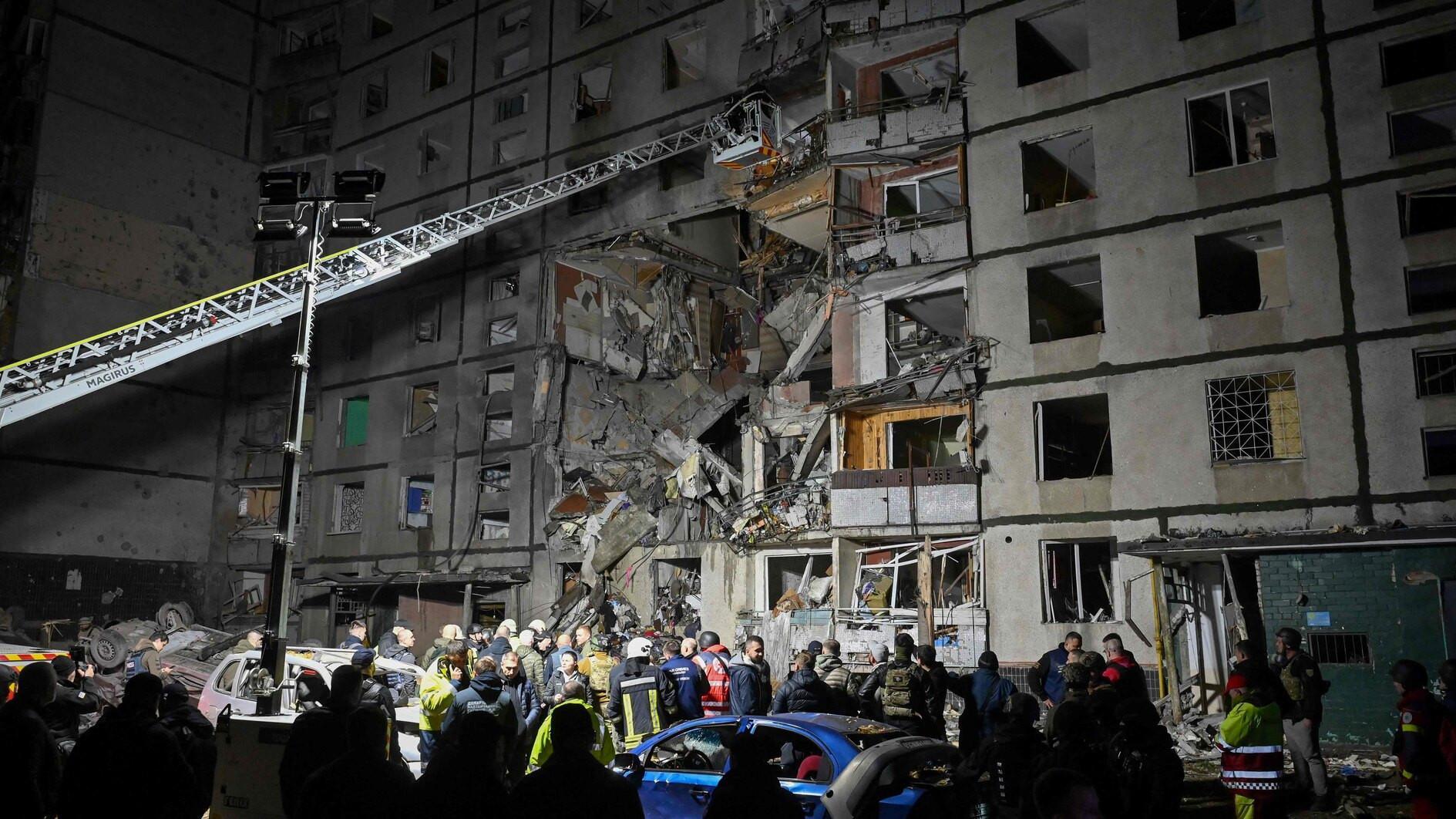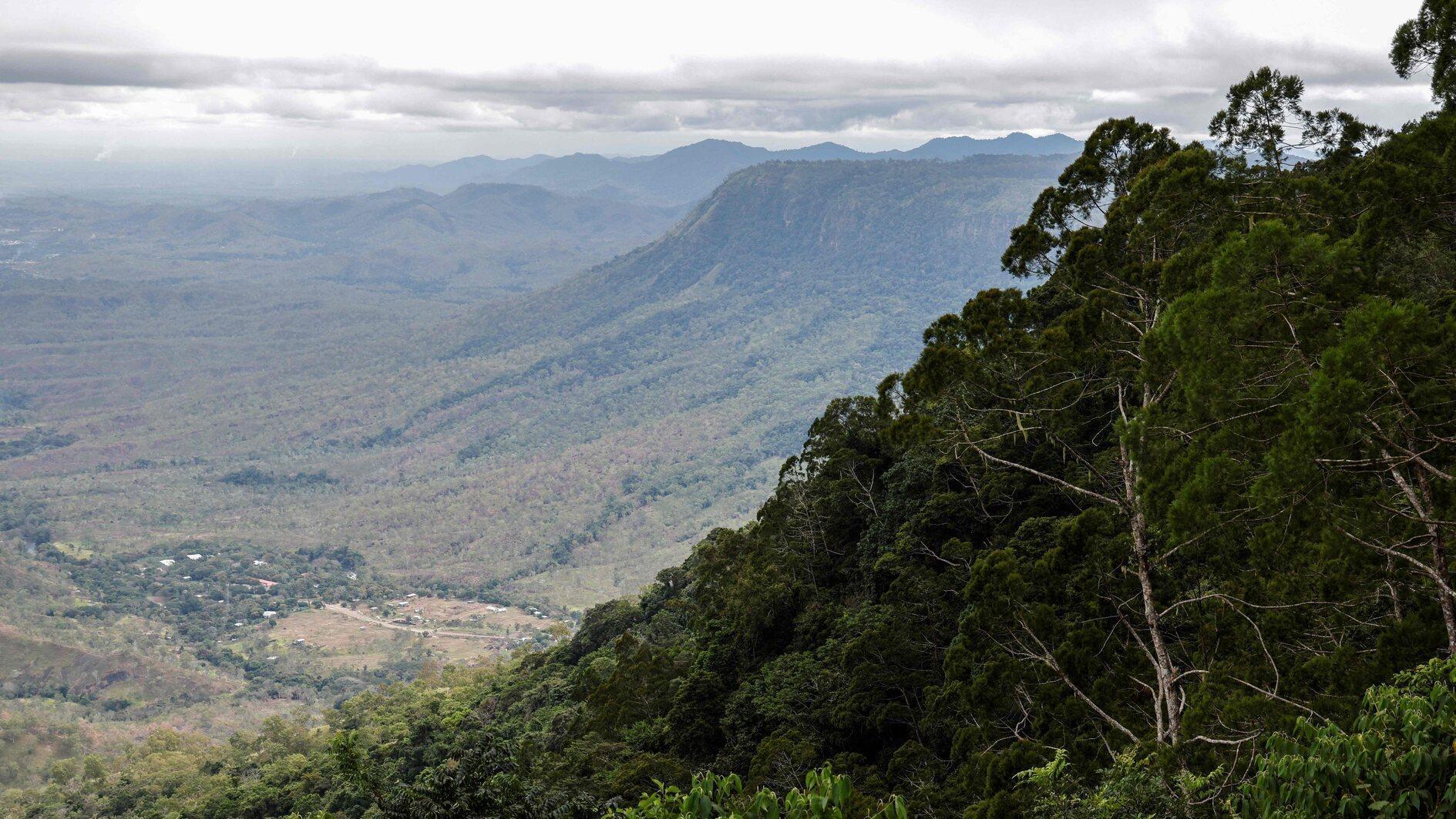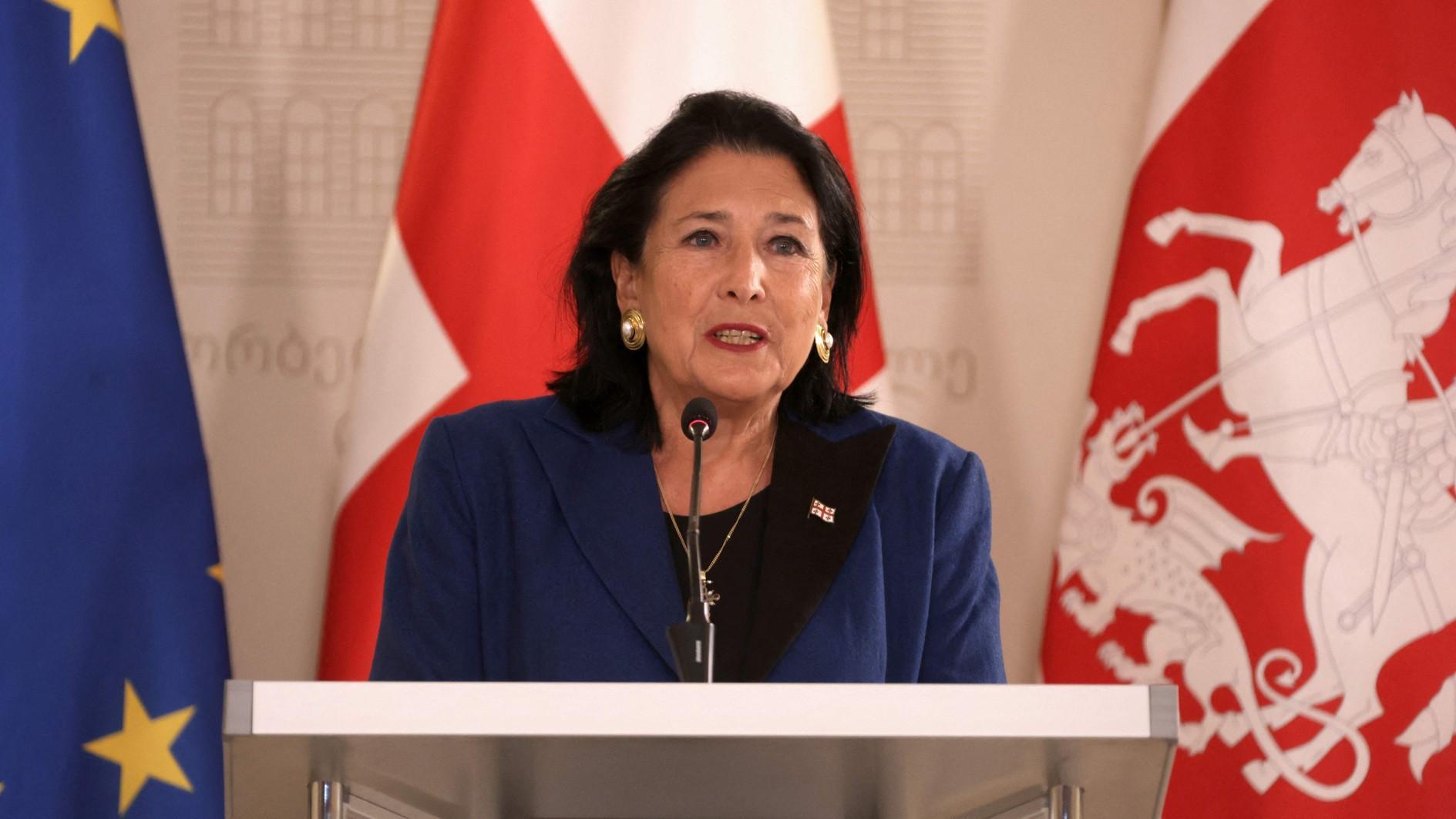The compatibility of political Islam with democracy
If it is a reality that in recent years Islam has become increasingly visible in the public domain, it is only one side of the reality.
The other side of the reality should also be seen: Whether or not there are decreasing or forced-to-decrease lifestyles, while the appearance of Islam increases.
For example, is the secular lifestyle being forced to be a less visible one under the pressure of extreme conservatism?
For a while, I have been answering “yes” to this question.
Yes, in direct proportion to the increasing visibility of the Islamic-conservative lifestyle in Turkey, the secular lifestyle is being pushed into invisibility.
Not drunkenness and alcoholism, but a select drinking culture is a social aspect of the secular lifestyle.
What introducing a heavy restriction on the sale of alcohol as well as its promotion and advertisement is an attempt to achieve is to choke an entire sector from production to sales and marketing by putting them under the pressure of commercial loss. The target is to overwhelm the drinker and the seller with a feeling as if they were involved in a defective practice, to delegitimize a lifestyle, and as a result to wipe out the drinking culture from the public domain.
On the other hand, society is not a seesaw. There is no rule saying that as one lifestyle goes up the one will go down. In a pluralist and liberal democracy, all lifestyles can exist in peace without clashing with each other, without smothering each other. This is not a democracy utopia; there are examples of it around the world.
After all, those who are putting pressure on the secular lifestyle to become invisible are not the religious people; they are of course the Islamists.
In those debates of “conservative authoritarianism,” the advocates of the ruling Justice and Development Party (AKP) would most frequently ask me, “So what, are they for example banning alcohol all together?”
Until yesterday, since they were trying, in a crusted fashion, to hamper the production, sales and consumption of alcohol only through astronomical taxes, restrictions of sales licenses and primarily through public pressure in Anatolia, we would be referring to all of these but we did not categorically answer “yes” to the question.
Now, we will unfortunately say “yes.”
Because we have answered this question “yes,” the answer to the question at the top of “Is the secular lifestyle being forced into invisibility?” is also “yes.”
As a result of these yeses, the answer to the question, “Is political Islam compatible with democracy?” after this recent development following all the practices of the government in the direction of authoritarianism that we have been constantly criticizing, will unfortunately have to be a “no.”
If only this question, which has been on the agenda for 10 years while the entire world observed the evolution of the reformed moderate political Islam in Turkey, would have found an affirmative answer.
Leastwise, we would not have waited until the AKP introduced the alcohol ban with open religious arguments to give a “no” answer. This would have been an “open shariah” practice. As I have mentioned in previous articles, the alcohol ban could not have possibly been introduced with the justification of protecting public health, not in the light of statistical data.
This needs to be seen: In the case of inactivation of all monitoring and balancing mechanisms including the media and when a proper opposition does not exist, with the “moderate political Islam” that has totally lost its democracy chord, the place the natural course will take us can only be “moderate shariah.”
Kadri Gürsel is a columnist for daily Milliyet, in which this piece was published on May 27. It was translated into English by the Daily News staff.










